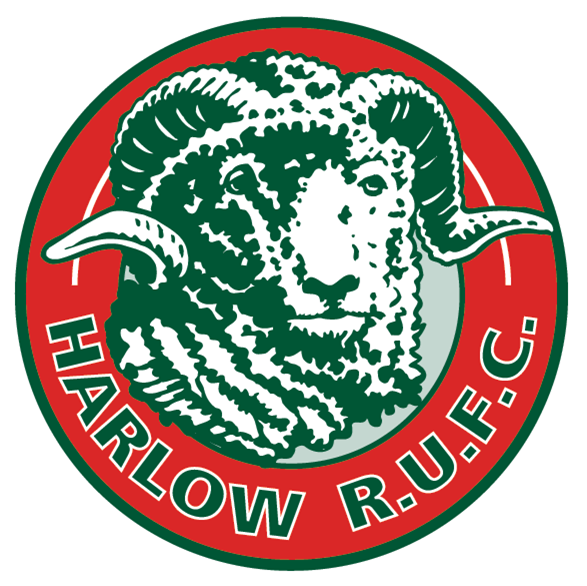Photography and Filming Guidance
Photography and Filming Guidance
Clubs should take note of this guidance, especially if images are placed on social media, promotional material or in local press and when arranging fixtures, festivals or events. Constituent Bodies (CBs) should also refer to this guidance in respect of their Age Grade representative teams.
It is strongly advised that clubs/CBs make reference to this in their own Safeguarding Policy which will reflect their own specific needs and circumstances. This guidance is not a policy nor is a blanket ban but a proportionate response.
The RFU positively encourages parents/carers and spectators to take photographs of participants involved in rugby union to celebrate the ethos and spirit of the sport. It is not the intention of the RFU to prevent photographs or filming taking place for legitimate purposes.
Any photograph (digital or printed) or film which is produced and released into the public domain may be misused by anyone as control has been lost. With the widespread use of smartphones and other devices that can take photograph and film there are challenges.
There may be circumstances where photography / filming of a child might not be acceptable or appropriate as it may place the child at risk of harm. This may include legal restrictions or where it is potentially dangerous to reveal the child’s whereabouts to an estranged parent. Such circumstances must be addressed between the parents/carers and club as a matter of urgency to mitigate any risk to the child. Communication is key to keeping children safe.
Clubs/CBs must obtain a parental /carer consent for photos/filming – preferable at beginning of season for both away and home fixtures. The opportunity must ALWAYS be offered to withhold consent for photography and filming.
Personal information which leads to a child being identified should be avoided. If it is necessary to name a child, ensure that you have written parental/carer consent and have informed the parent/carer as to how the image will be used. This is particularly important when issuing press releases and match reports.
Photographs /filming should be of the activity or team not of an individual child.
Children must be appropriately dressed when being photographed or filmed. It is never acceptable to capture any images in changing rooms, showers, or at any time when players are dressing, injured or receiving first aid. Images must be neither sexual, of an exploitative nature nor open to misinterpretation or misuse.
Parents /carers should be made aware if a film is being taken to be used as a coaching aid. Clubs and Constituent Bodies should ensure that any footage will be carefully monitored, stored securely and destroyed or deleted when no longer required or when requested by a parent/carer. Any coaching videos must follow Age Grade Code of Codes of Practice.
Members of the public are entitled to take photos in public areas, this may include taking images of children involved in sports events or activities including rugby union. Clubs and CB’s need to be vigilant to this. Any concerns in these circumstances should be reported to a club/CB official or event organiser, who should approach the individual concerned wherever possible.
On privately owned or leased land it is the owner who may regulate whether or not any filming or photography may take place.
Clubs/CBs should ensure any opposition teams know ahead of any fixture if there is an objection to any filming/ photography taking place. Each club/CB will be responsible for communicating any objection and ensuring it is adhered to by their supporters or officials. Festival or event organisers should make their photography / filming policy clear ahead of the day.
The RFU encourage the filming of rugby union for the purpose of external examinations Duke of Edinburgh Award, GSCE, A level or BTEC Physical Education which will support a player’s formal education. Clubs/CBs will need to manage this in accordance with the above guidance.
Commissioning Professional Photographers & the Local Media
If the club commissions professional photographers or invites the press to cover an activity, ensure everyone is clear about each other’s expectations. The key is to plan ahead and communicate early on. Clubs and CBs should:
Ensure that the photographer has been appropriately vetted prior to the event.
Issue the professional photographer with identification, which must be worn at all times.
Inform them of the club’s commitment to safeguarding children. Establish who will hold the recorded images and what they intend to do with them.
Provide a clear brief about what is considered appropriate in terms of content and behaviour including where photography is prohibited, toilets, changing areas, first aid areas, and injured players, no unsupervised access to children or a one to one photo session at the event.
Clarify issues about ownerships of the images and access. How will the images be stored, retained and used.
Inform parents and participants that a photographer will be in attendance and where the images will be published. Ensure parents and children consent to both the taking and publication of films or photos.
